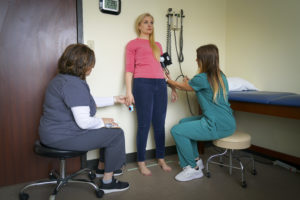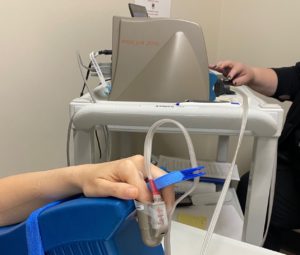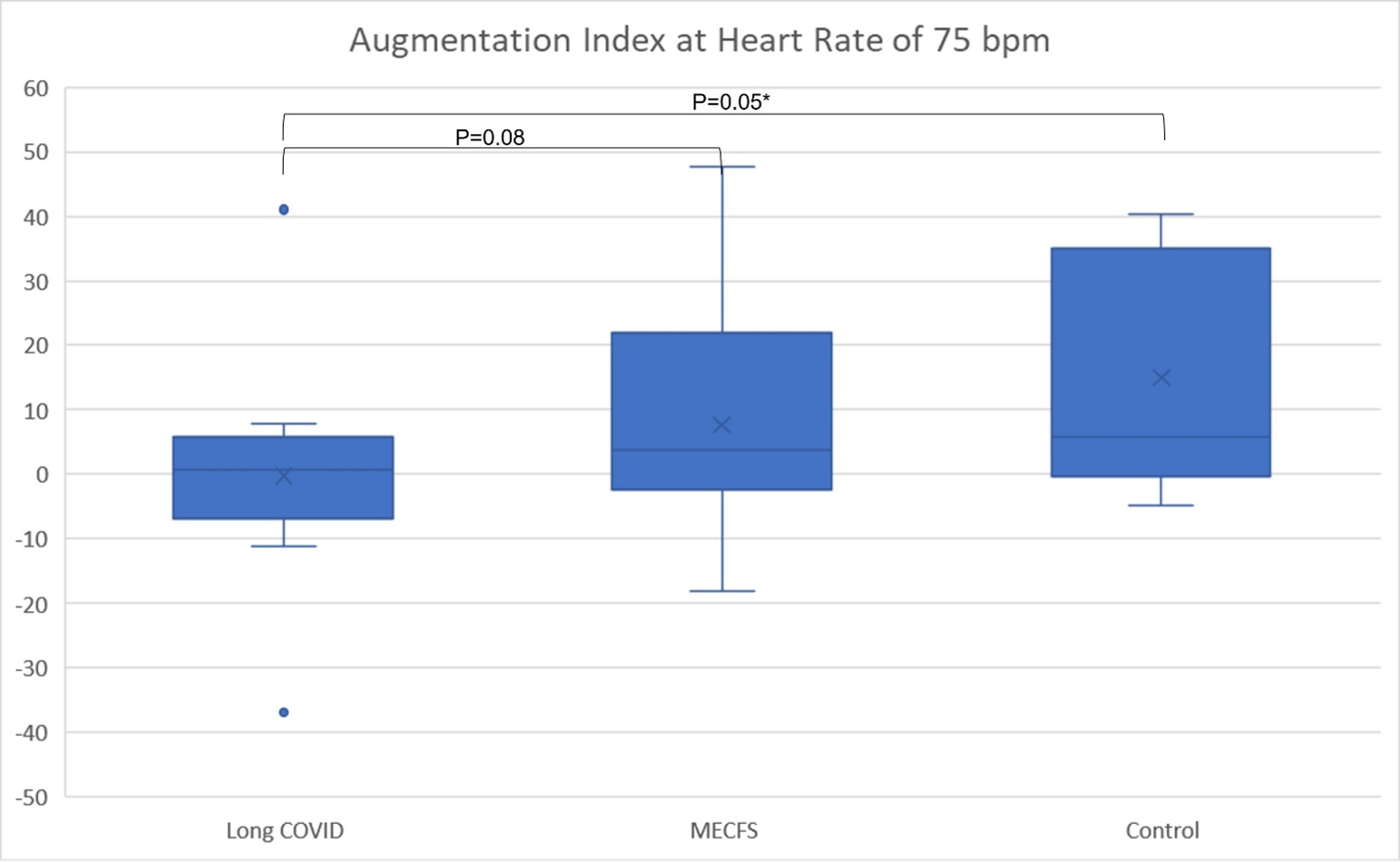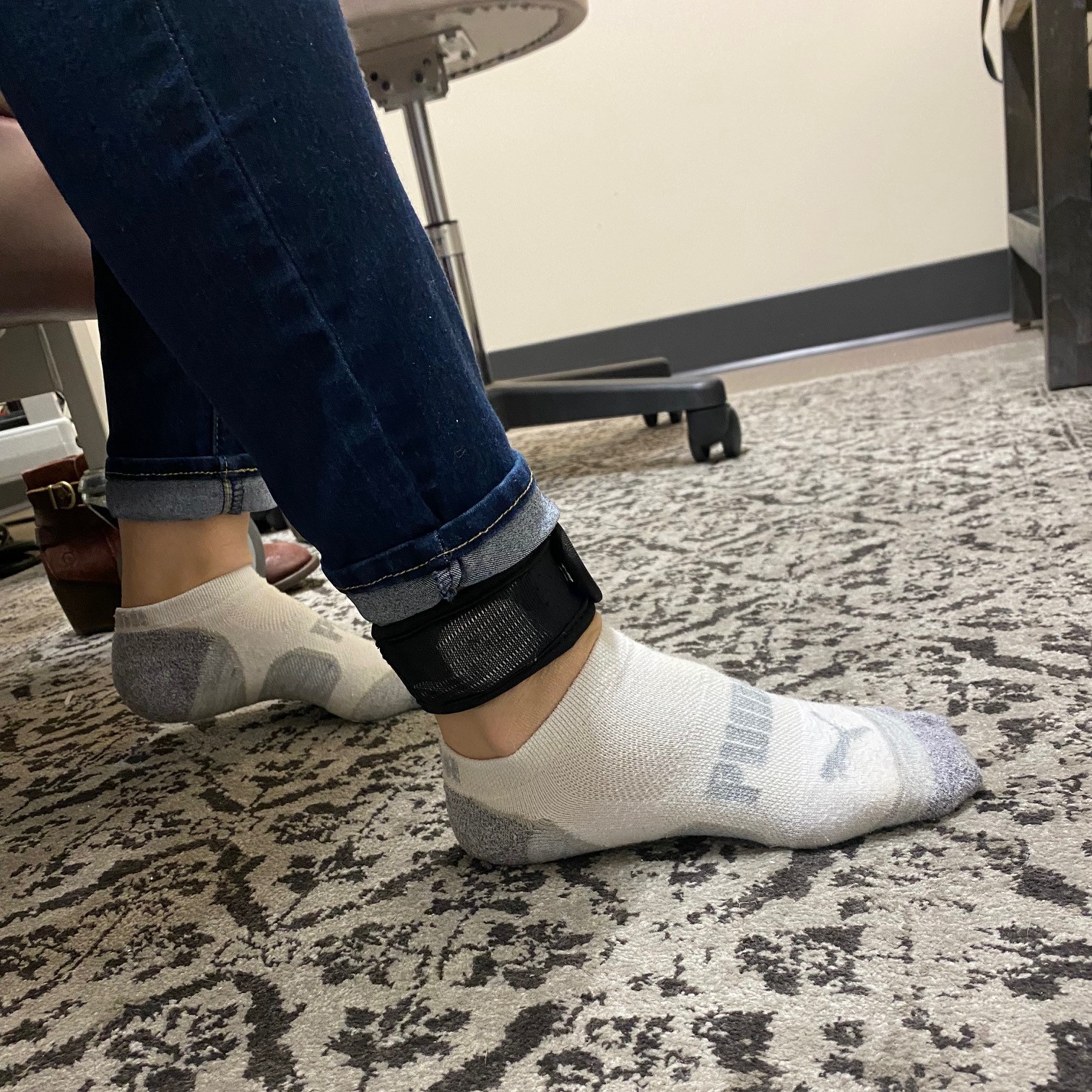ahimsa
Senior Member (Voting Rights)
This thread has news updates from the BHC.
For threads on useful resources provided by BHC see the Resources forum.
Ever-Growing Awareness by Lucinda Bateman, MD
Mar 2, 2022
https://batemanhornecenter.org/evergrowing-awareness/
For threads on useful resources provided by BHC see the Resources forum.
Ever-Growing Awareness by Lucinda Bateman, MD
Mar 2, 2022
https://batemanhornecenter.org/evergrowing-awareness/
batemanhornecenter.org said:It has been my life’s work to raise awareness of ME/CFS. In 2000, I typed out “raise awareness of CFS and FM” in large font on a piece of paper and placed it under the glass of my desktop. Without a doubt, there was consistent slow progress over time, but now it has become exponential growth.
Journalists have been interviewing Dr. Yellman and me regarding Long COVID and its relevance to ME/CFS. Recent news stories have appeared in USA Today, National Geographic, Yahoo News, Vox, and North Jersey News. Journalists are asking more informed questions and articulating these long overlooked and understudied areas of science and medicine. We must all keep the conversations going in every arena. I admire and thank the patients who have shown the courage to speak out.
...
Before I close, I must say how proud I am of our BHC team that produced the “ME/CFS Crash Survival Guidebook.” Since the online introduction of the guidebook on February 3rd, there have been more than 18,000 webpage views and thousands reached on Twitter and Facebook. Feedback to BHC, especially from the severely ill, has warmed our hearts. Please share widely with anyone who may benefit.
Last edited by a moderator:





